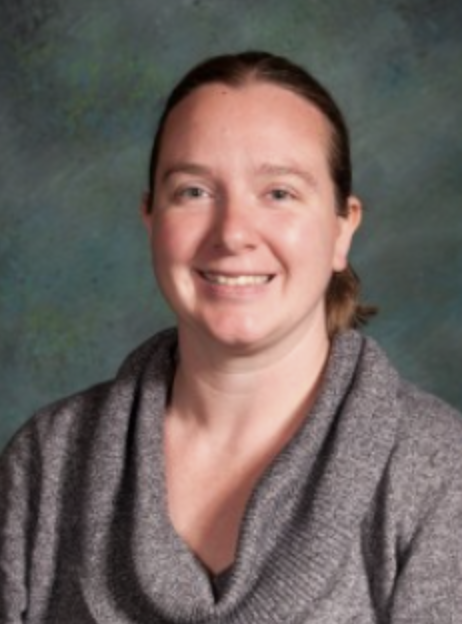 AirWatchSTL - Community Based Air Quality Monitoring
AirWatchSTL - Community Based Air Quality MonitoringCommunity Science/Research
Oral Presentation
Prepared by B. Gutzler1, T. Harris2
1 - Metropolitan Congregations United of St. Louis, 4501 Westminster Place, Saint Louis, Missouri, 63108, United States
2 - SciStory Collective, , Nashville, Tennessee, 37201, United States
Contact Information: [email protected]; 314-435-3183
ABSTRACT
In St. Louis, Metropolitan Congregations United (MCU) is leading a grassroots movement to address environmental racism by focusing on air quality monitoring and advocating for policy change. This initiative emerged in response to a local report highlighting the disproportionate impact of air pollution on marginalized communities. Partnering with Washington University and The Nature Conservancy, MCU has installed low-cost air quality sensors on church rooftops and at schools to measure pollutants affecting marginalized communities, particularly Black neighborhoods. This collaboration centered the congregants and schools in data collection. This data is publicly accessible, empowering residents to track air pollution levels and advocate for cleaner air. MCU and its partners are advocating for policy changes aimed at reducing pollution and mitigating its health impacts on vulnerable populations.
A key component of this initiative is collaboration with the digital storytelling group, the Climate Change Agents. This partnership records air monitor installations and shares the process on social media to help residents understand and interpret their own air quality data. By documenting these efforts, the Climate Changents amplify community voices and raise awareness about environmental disparities on a digital platform.
MCU’s work is deeply rooted in faith-based community organizing. Their approach bridges the gap between academic research and grassroots action, equipping residents with scientific tools to push for systemic change. Looking ahead, MCU aims to expand the number of participating congregations and enhance data collection methods. The success of this program highlights the critical role that faith-based organizations can play in mobilizing communities to confront environmental challenges. The AirWatch STL serves as a model for other cities facing environmental justice challenges, demonstrating the power of faith-based, community-driven solutions in tackling environmental health disparities.

